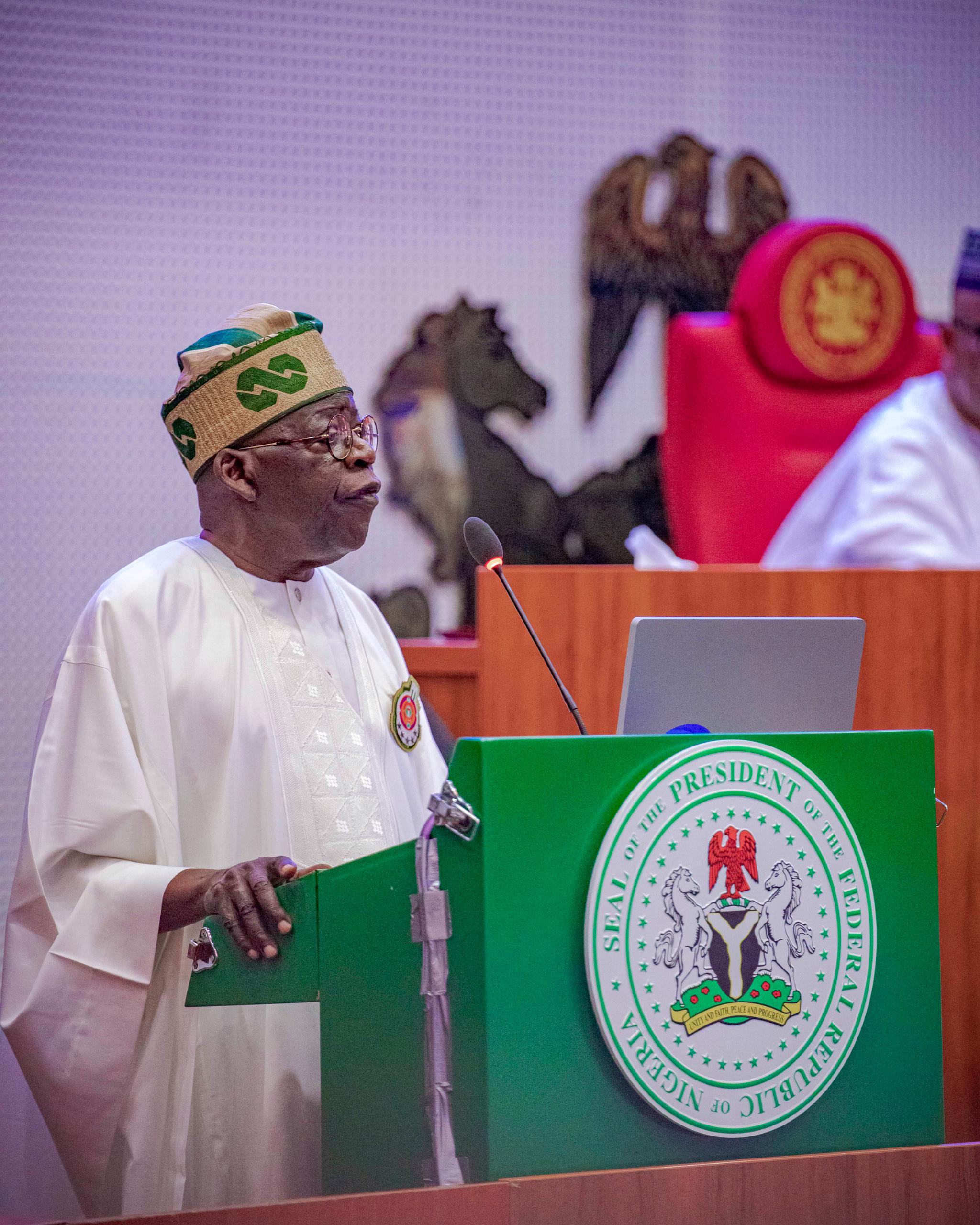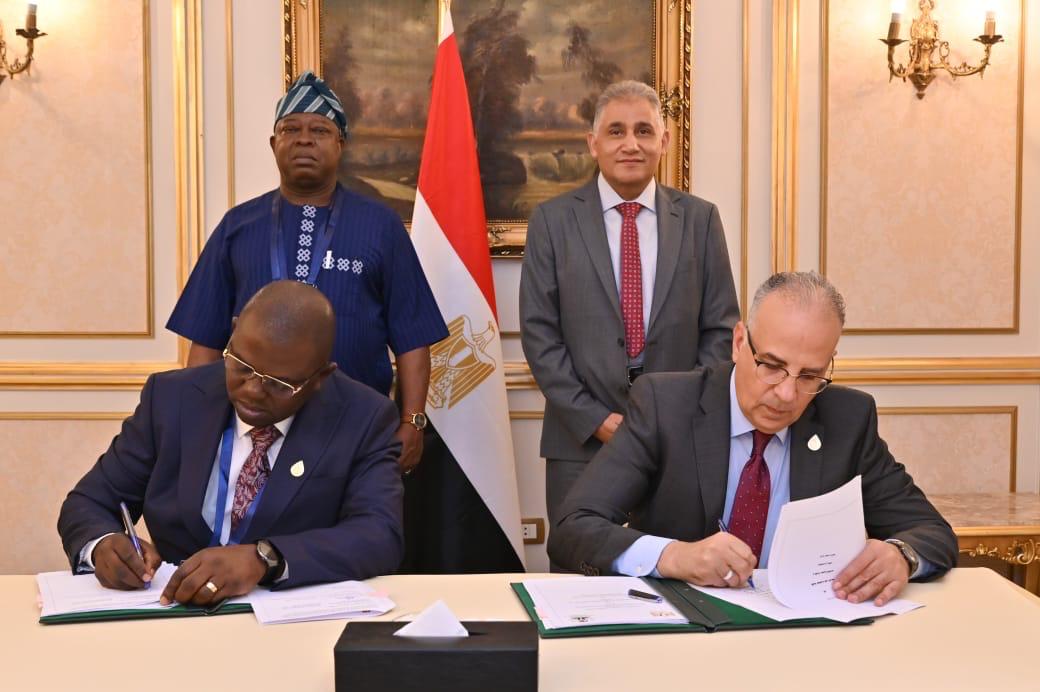Nigeria border’s window for illegal wildlife trafficking – Minister
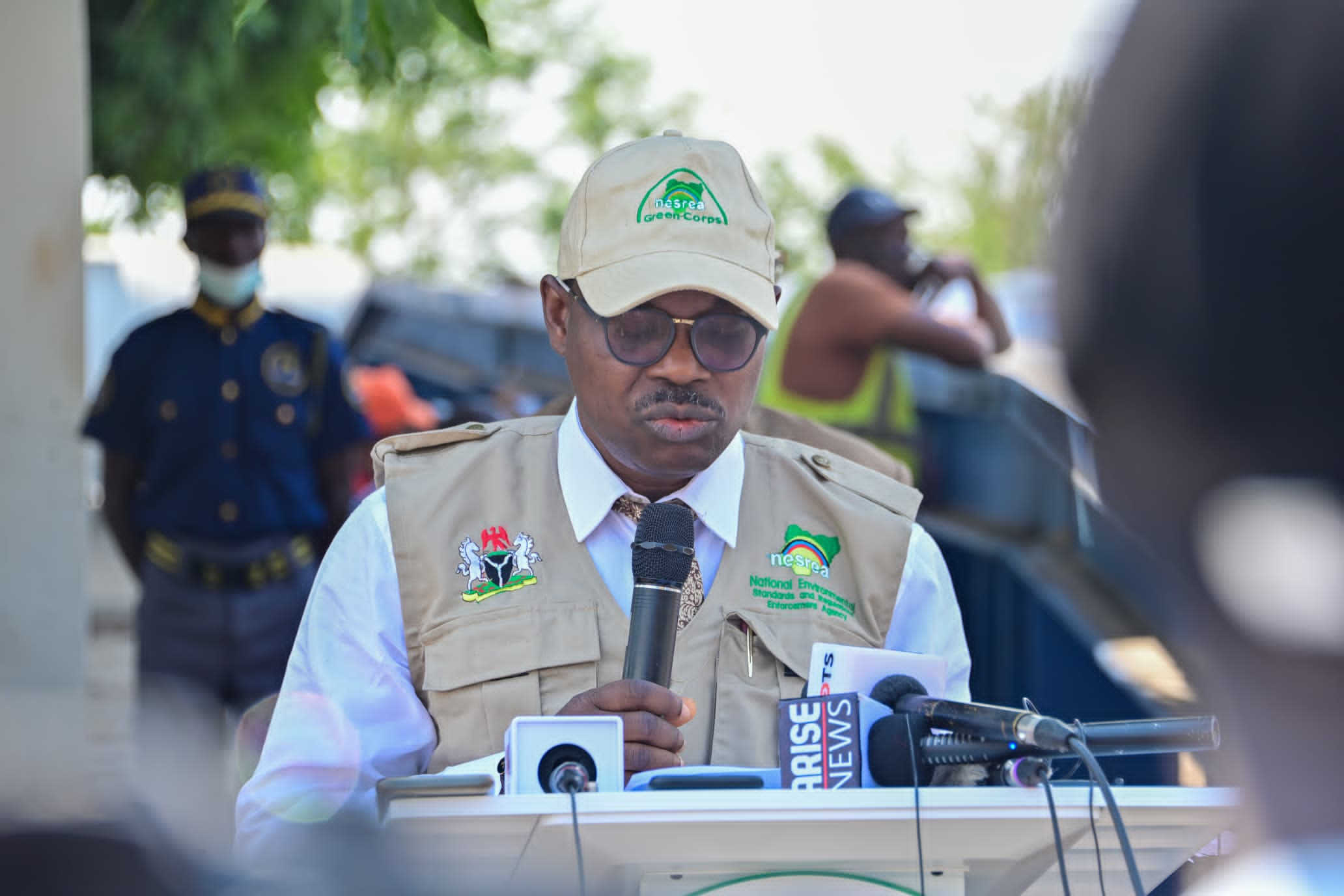
By Fatima Saka
The Nigeria Minister of State for Environment, Dr Iziaq Adekunle Salako has emphasized that Nigeria is in the spotlight in dealings with a major transit hub for this illegal wildlife trafficking due to the penetrable nature of its international borders.
Salako further revealed that Democratic Republic of Congo, Cameroon, Burkina-Faso and Ghana, are the illegal hubs with Nigeria having several unconfirmed transportation routes, where buses, trucks and canoes are being used to transport these illegally acquired wildlife specimens to other parts of the world.
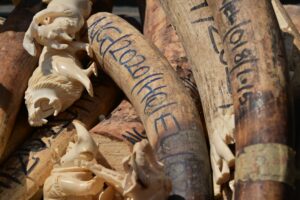
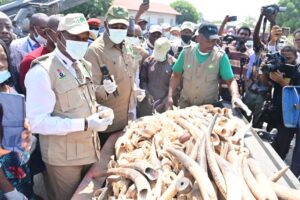
The minister made this disclosure on Tuesday in Abuja at Official Public Disposal Of Accumulated Confiscated WIldlife Stockpile In Nigeria, under the custody of the National Environmental Standards and Regulations Enforcement Agency (NESREA).
During his keynote address, Dr Salako also revealed that Nigeria was suspended from CITES trade due to the levels in illegal wildlife trade and lack of adequate enforcement and policy’s implementation, which was later lifted by the CITES Secretariat in 2011 through an effort of the then Nine (9) member Inter-Agency Committee on CITES enforcement in Nigeria that was chaired by NESREA.
However, the minister commended NESREA for its efforts through the seizures, confiscations and prosecution of wildlife offenders in the country.
“Over the years, a large quantity of seized and confiscated ivory and non-ivory products of wildlife have been achieved through collaboration with government and non-governmental bodies.
“This accumulated confiscated wildlife specimen has been safely stored and documented by NESREA in its Temporary Holding Facilities (THF) for some time now.”
The Minister also charged the agency for deliberate actions and the need to create more space in the Holding Facilities for safe keep of future seizures, “many of these specimens have long been in the storerooms and their viability can no longer be ascertained, thus the need to also avoid contracting and spreading of zoonotic diseases by the managers of the storerooms.
“It is also imperative that as a country, we continue to send out strong and unambiguous signals of non-tolerance to illegal wildlife trade.
“Ladies and gentlemen, you may be aware that in compliance with CITES Resolution Conf. 9.10 (Rev. CoP15) and Conf, 10.7 (Rev. Cop 15) on disposal of seized and confiscated live and dead wildlife specimens, Nigeria has opted for the outright destruction of these stockpiles through pulverization of elephant tusks and ivories, while pangolin scales and other skin products were earlier incinerated on 16th October 2023.
“The option of outright destruction is aimed at showing the entire world that Nigeria is zero tolerance to illegal wildlife trade at any level and to serve as a deterrent to the illicit wildlife traffickers who use Nigeria as their transit route.
“Further to the method of destruction being adopted today, Nigeria is a party to many international environmental agreements to reduce the impact of Climate change on man’s health and environment. The Country has domesticated most of these agreements through enactment and promulgation of environmental laws and regulations.
“Therefore, NESREA as an environmental Agency, has opted for a pulverization method to dispose of the elephant tusk.
“Today, a total of about 2.5 tonnes of ivories and elephant tusks specimen will be destroyed under the watch of the Federal Ministry of Environment and with the support of the Elephant Protection Initiative (EPI) African Fund, the US Embassy, United Nation Office on Drugs and Crimes (UNODC), Wildlife Conservation Society (WCS) and Wild African Fund.
“Before I end this address, let me express our unreserved appreciation to our partners who have made today’s exercise a success. Let me reassure you that in line with the overarching vision of President Bola Ahmed Tinubu GCFR to sustainably deploy and utilize Nigeria resources for development, Nigeria remains fully committed in the fight against wildlife crime and will continue to honor all international obligations to protect our biodiversity. It is therefore with utmost sense of responsibility that I am witnessing and flagging off this very symbolic disposal exercise.”


